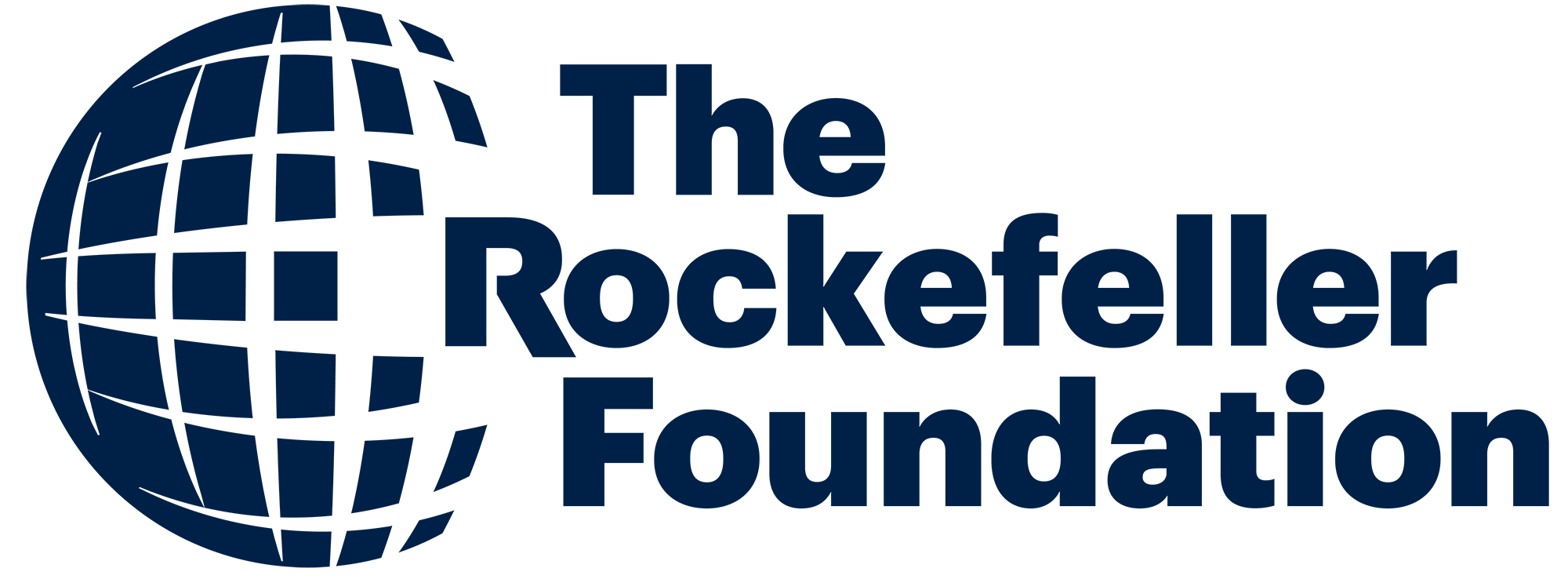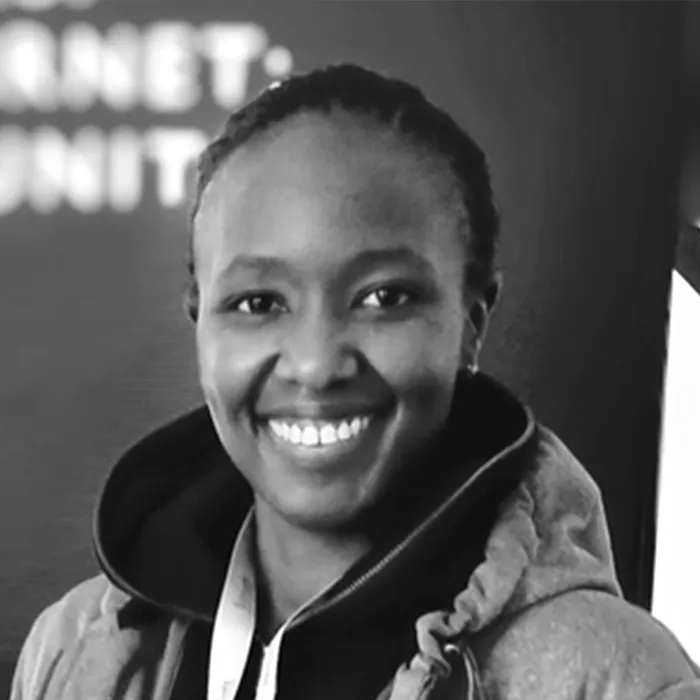

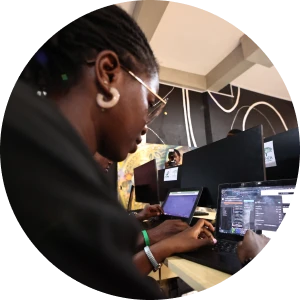
Open-Source Solutions for Economic Opportunity
Tabiya builds open-source software and standards to unlock economic opportunity for all. We partner with government employment services, NGOs, and job platforms to create pathways that recognize skills from all work – including informal and traditionally unseen activities. Our mission is to make labor markets more efficient, equitable, and inclusive.
What We Do
Addressing the challenge with open-source
The youth workforce is growing, especially in low- and middle-income countries. Millions of people gain skills informally, yet labor markets often don't often recognize their value, creating barriers to participation. Technology could help, but current solutions are expensive, proprietary, and create fragmented systems that overlook informal skills and prevent data sharing. We're on a mission to change that.
At Tabiya, we're building digital public infrastructure for jobs—creating open-source technology that organizations can freely adapt to create more efficient, equitable labor markets.
Here's How:
Research
Born from the University of Oxford, our global team of researchers, developers, and practitioners works alongside partners across diverse labor markets worldwide. Through rigorous research, we’ve developed a standardized, inclusive taxonomy—a shared language that recognizes skills from all experiences, creating foundations for more equitable economic opportunity.
Design and Build
Our developers and partners use this taxonomy to build modular, open-source software, AI models, and data standards that help organizations connect youth to work. While many frameworks can reinforce inequality, Tabiya’s taxonomy is designed for greater inclusion and equity.
Deploy
We partner with governments, employment service providers, NGOs, job matching platforms, and educational institutions to help them adopt Tabiya's modular tech—integrating it into their existing systems or as standalone solutions. We connect organizations working on similar challenges to create more inclusive labor markets worldwide.
In Partnership
Collaboration creates pathways to youth employment
Our Technologies
Meet our growing tech stack - Digital public infrastructure for youth employment
The Impact
5 million jobseekers impacted by our work - and we’re just getting started
Pilot programs in 3 countries around the world including South Africa, Kenya, and Ethiopia.
Relationships in our taxonomy between skills from unpaid work and formal sector occupations.
All parts of our tech stack are currently being evaluated using randomized control trials.
Meet Our Team
The People Powering Tabiya’s Mission
Our team of economists, engineers, researchers, designers, and development practitioners has come together to tackle the global unemployment crisis through open-source solutions.
With decades of collective experience in economic research, labor market policy design and implementation, and technology development, we’ve seen firsthand the shortcomings of existing tech approaches—Tabiya was created to help fix them.
Team members, and growing.
From our roots at the University of Oxford, our global team spans ten countries across four continents.
Our engineering team has a combined total of over 50 years of experience developing production-grade software.

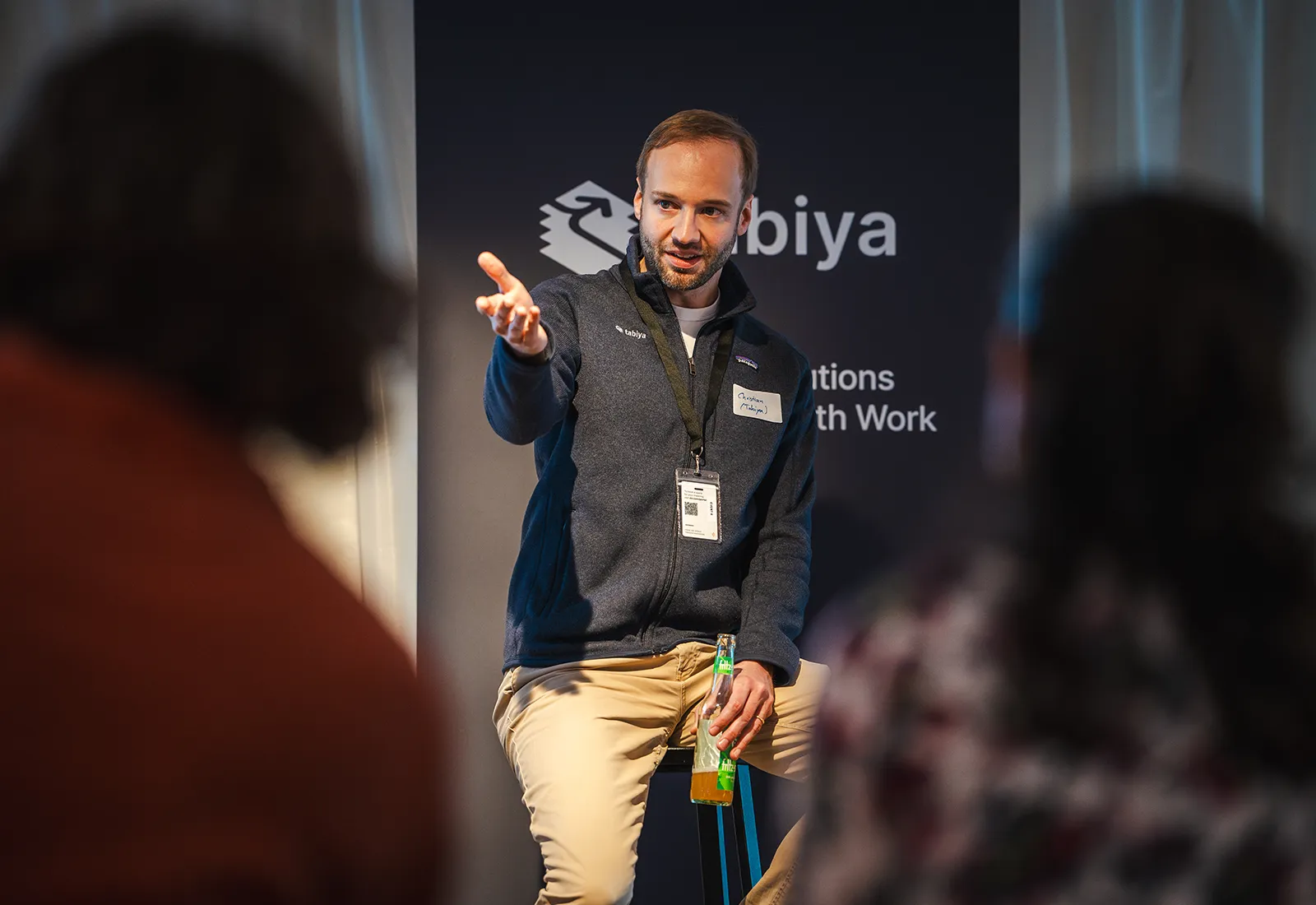
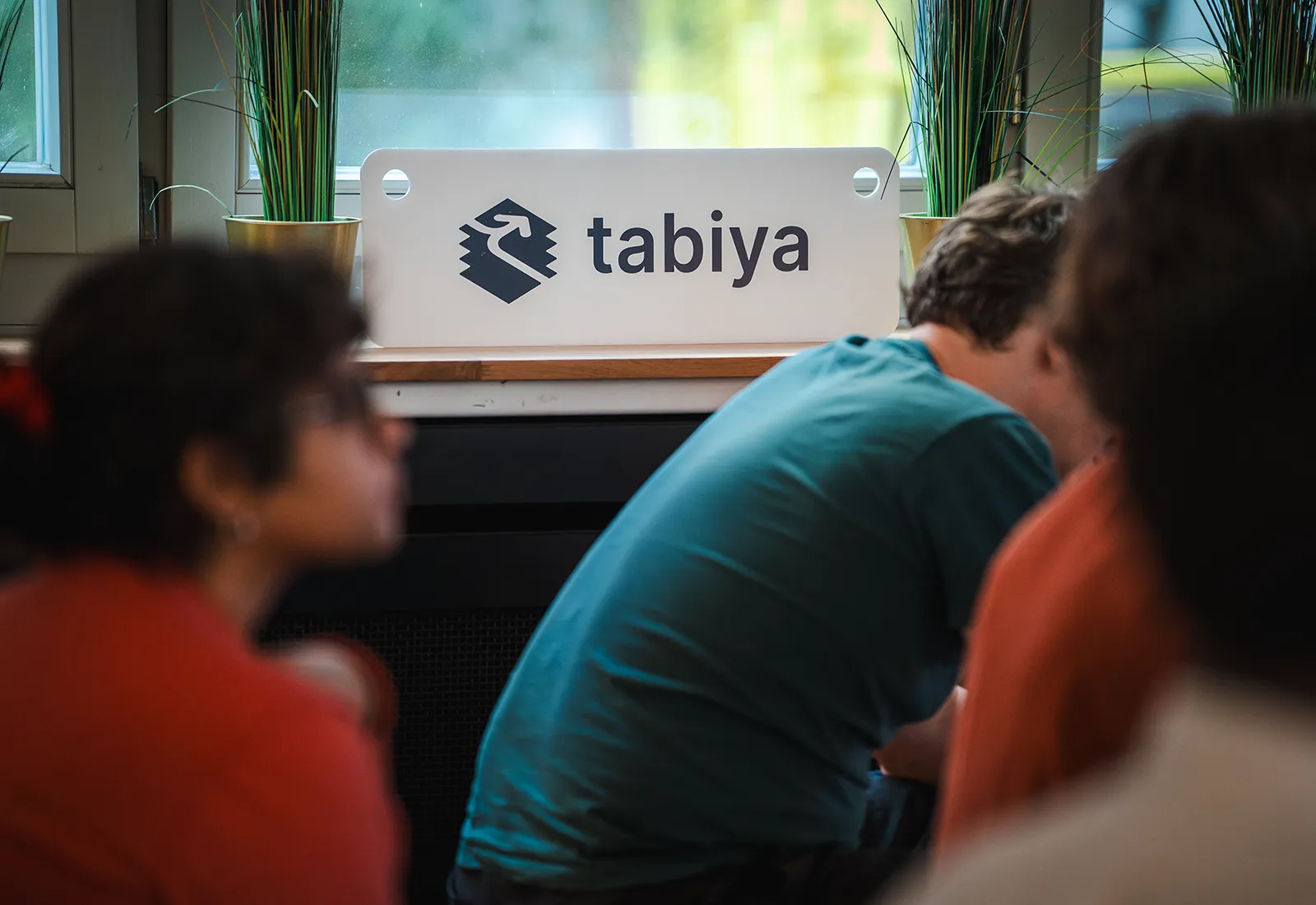
The Latest
Stories, News and Insight From Tabiya

From Prototype to Product: Testing Compass with Kenyan Youth (2/3)
January 12, 2026
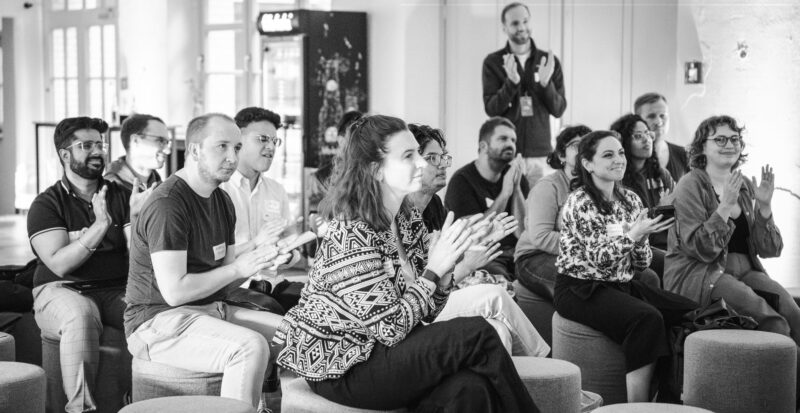
Tabiya's 2025 End of Year Reflections
December 30, 2025

Public Employment Services Digitalization: Reflections from Tabiya on a New World Bank Guidance Note
October 10, 2025
Let’s Connect
Whether you're looking to learn more, explore a partnership, or support our mission to build digital public infrastructure for youth employment, we’d love to connect.
